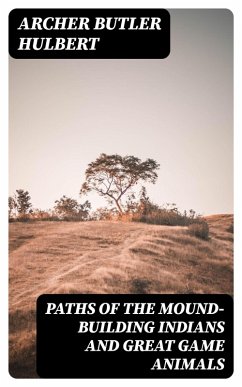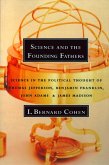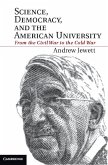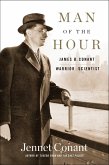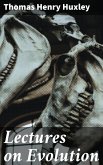Archer Butler Hulbert's 'Paths of the Mound-Building Indians and Great Game Animals' is a fascinating exploration of the ancient trails navigated by both Native American tribes and large animals across the American landscape. Through meticulous research and vivid descriptions, Hulbert delves into the historical significance of these pathways, shedding light on the cultural and environmental interactions that shaped the continent. Written in a detailed and informative style, the book provides a unique perspective on the interconnectedness of indigenous peoples and wildlife in pre-Columbian North America. Hulbert's work stands out for its blend of archaeological insights and natural history, offering readers a comprehensive understanding of the complex relationship between humans and nature in the region. Archer Butler Hulbert, a renowned historian and author, brings his expertise in American history and geography to 'Paths of the Mound-Building Indians and Great Game Animals'. His passion for uncovering the forgotten stories of the past drives his meticulous research and thoughtful analysis in this book. Hulbert's background in studying Native American cultures and early exploration influences his narrative, creating a rich and immersive reading experience for those interested in the history of the American West. I highly recommend 'Paths of the Mound-Building Indians and Great Game Animals' to anyone seeking a deeper understanding of the relationship between indigenous peoples and wildlife in North America. Hulbert's insightful exploration of ancient trails and their significance offers readers a unique perspective on the interconnected history of the region.
Dieser Download kann aus rechtlichen Gründen nur mit Rechnungsadresse in A, B, BG, CY, CZ, D, DK, EW, E, FIN, F, GR, H, IRL, I, LT, L, LR, M, NL, PL, P, R, S, SLO, SK ausgeliefert werden.

